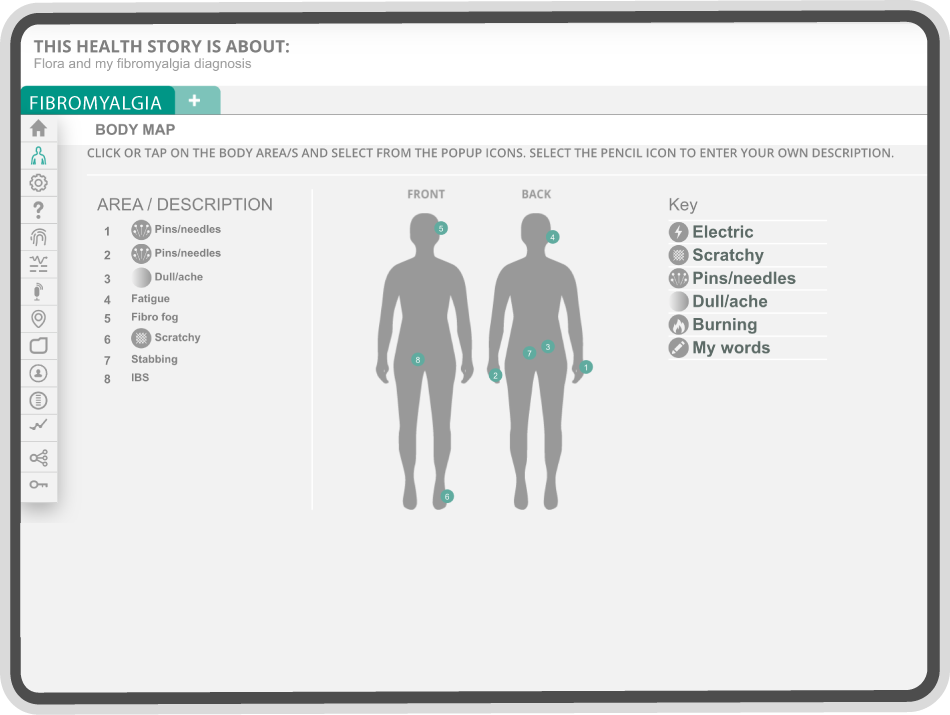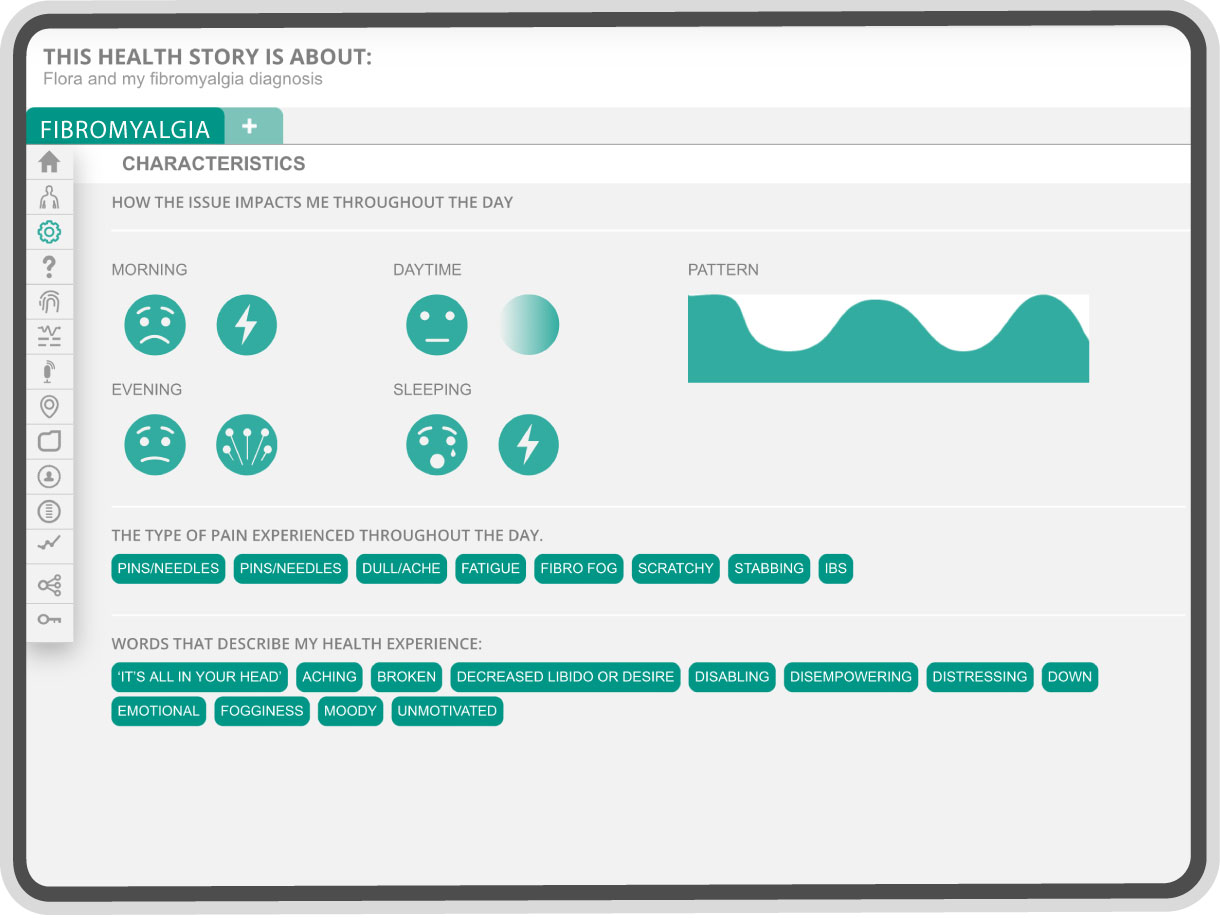Soula Mantalvanos (me!) as a guest contributor on MoreGoodDays.
If you’re living with fibromyalgia, you’ll know first-hand how the experience forces you into constant symptom tracking. What’s this niggle? Is this new? Does this relate to something I did? What’s going on?
Sound familiar? It’s an exhausting thought process that can keep you spiralling into confusion. Being too focused on symptoms (especially when you’re already living in a cloud of fatigue) can perpetuate ongoing fear and catastrophising. This can lead to a continuously reinforcing worry cycle in which focusing on the pain actually makes it worse.
Imagine letting go of nagging details by being confident your symptoms are well-documented, in a safe place and being used as your road map to better days.
Why track your fibromyalgia symptoms?
Getting a diagnosis and the proper care from your health providers will only happen if you provide the full picture of your experience – the symptoms, the impact, the whole deal! No two patients experience fibromyalgia in the same way and there is no one-size-fits-all approach, so being able to say, ‘It hurts, I’m tired all the time, I can’t sleep!’ will only attract general health information – you would have heard it all before.
Patient-centred care is a term the healthcare industry recognises as a gold standard. It’s care that is designed to fit your lifestyle based on your unique symptoms and place you at the centre of your care, so your team works around you… not the other way around. Symptom-tracking is a way of catching the day-to-day information that leads to this patient-centred care. It’s almost puzzle-like; you hold all the pieces, and healthcare providers pop them in their place to restore that magnificent picture of you, or perhaps, a new version of you.












Leave A Comment